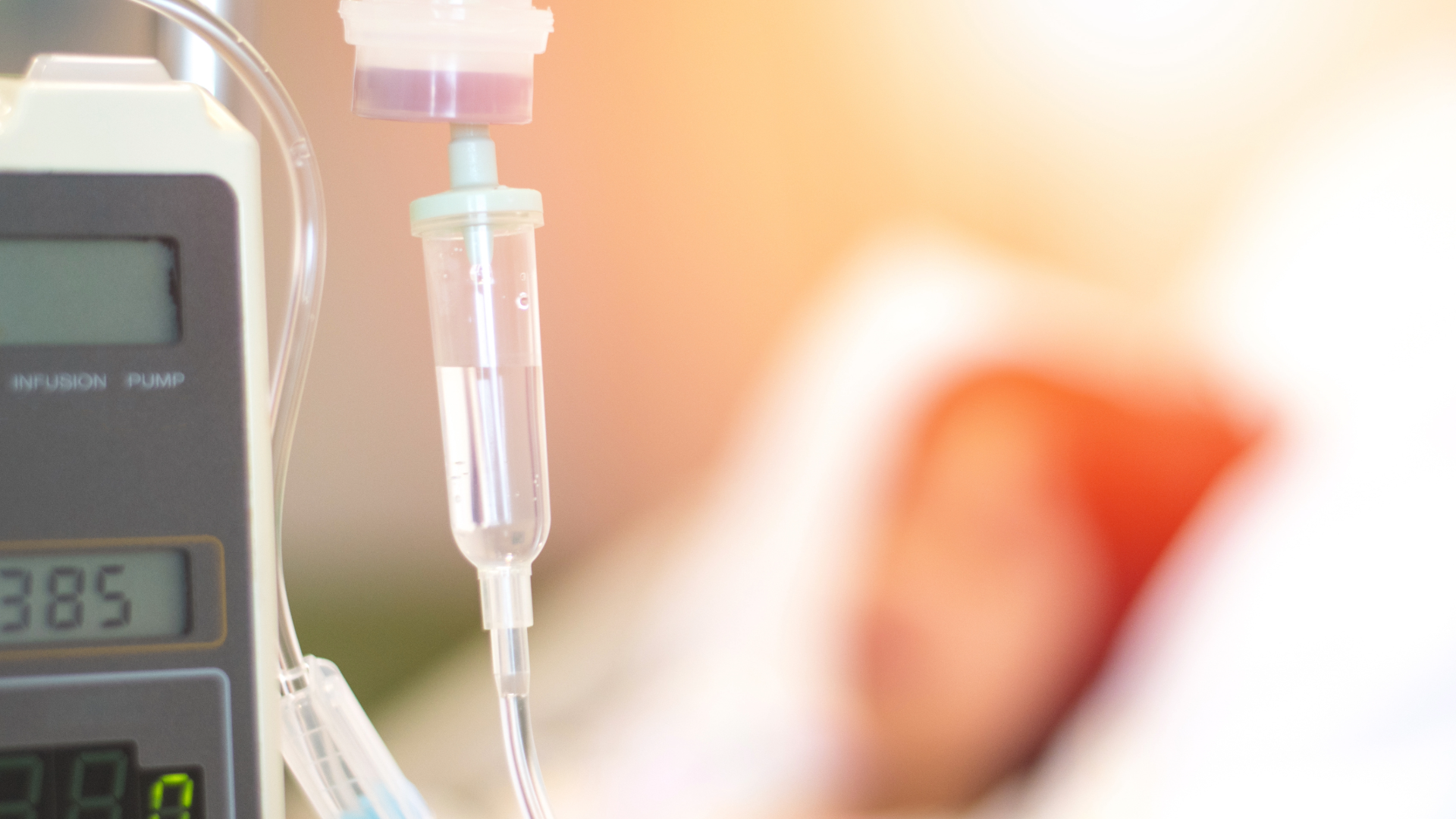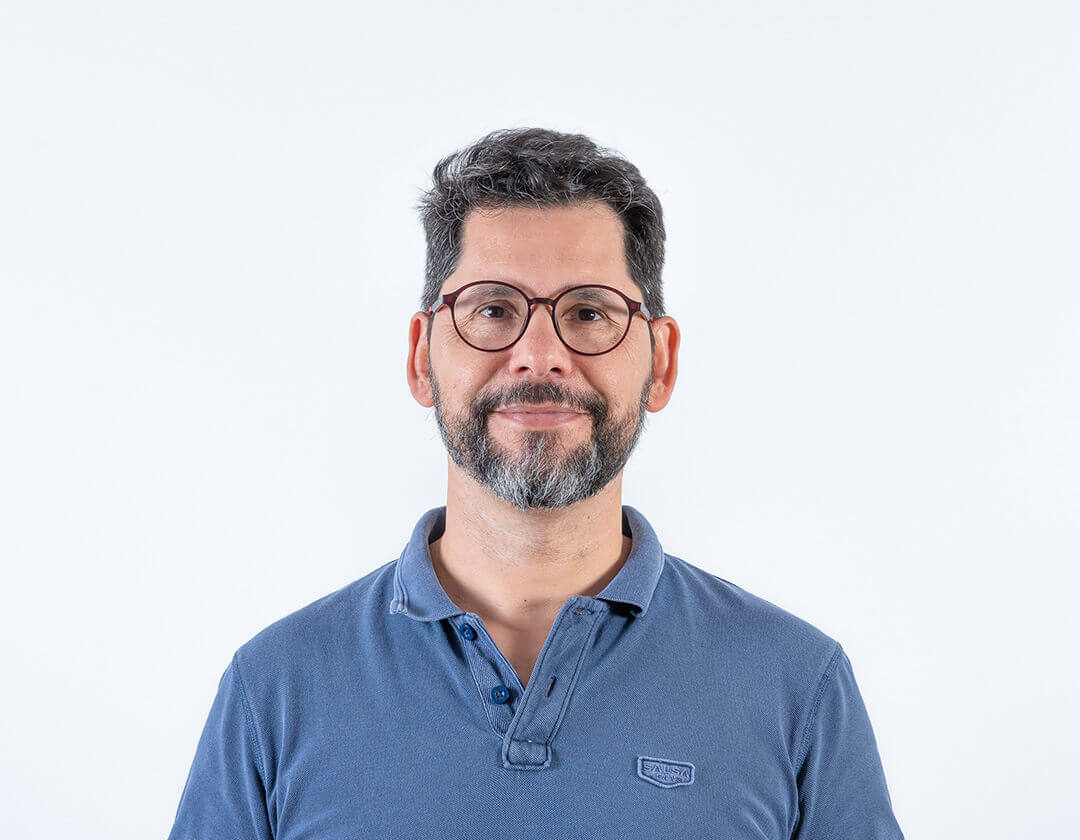
The Minor in Acute Care, in the form of a curricular unit, aims to offer academic training to students from the institution itself in an optional format, to ERASMUS + students and to external student candidates (national and international), in the area of acute care.
This curricular unit was designed in two complementary parts (I – 10 ECTS and II – 10 ECTS), which can be attended separately or together, depending on the student's choice.
Recipients
- Erasmus+ Mobility Candidates;
- Candidates enrolled in other national or foreign institutions (other than through ERASMUS+ mobility) and already graduated candidates who hold the professional title of physiotherapist;
- Candidates enrolled in the 4th year of the Physiotherapy degree course at ESSAlcoitão – Can only enroll in 10 ECTS (MINOR I or II).
Access Conditions
Responsible for the project
António Alves Lopes
Assistant Professor Master's degree Physiotherapy




